Description
REVIEWS:
“Tim McNulty has become one of the strongest poetic voices for a huge realm that is new to history: the north Pacific, the western edge of the continent. These fresh, clear poems are full of subtle crossings from the wild to the human, from the ongoing world of forest work and life to the emergence of the new urban Northwest. Friends, family, tracks, the northern stretch, the spaces, and the cool darkness of the woods. Poems of craft and deep awareness that are graceful and hard-won.” —GARY SNYDER
“Tim McNulty’s poems belong to the where and what of his life in a rare degree. They live in equality with moss, ferns, flakes of bark, river stones, roots, buds; their mountains are particular mountains. Reading them puts one among these things he knows with such authentic intimacy. If the tone of his evocations is more often elegaic than exultant it is because such close knowledge must involve, in our day, a great sense of mourning for the daily demise of so much; yet his love for what he evokes gives song to his images and inspires, even among those who may never see more than their outskirts, a will to cherish and defend the remaining wild places.” —DENISE LEVERTOV
“Humor, sensitivity, and passion mark this distinctively Northwestern work.” —WRITERS NORTHWEST
“McNulty’s strong poetic voice reveals the beauty of mountains, streams, moss… His writing creates an intimacy between the reader and wilderness and inspires efforts to protect it.” —WILD EARTH
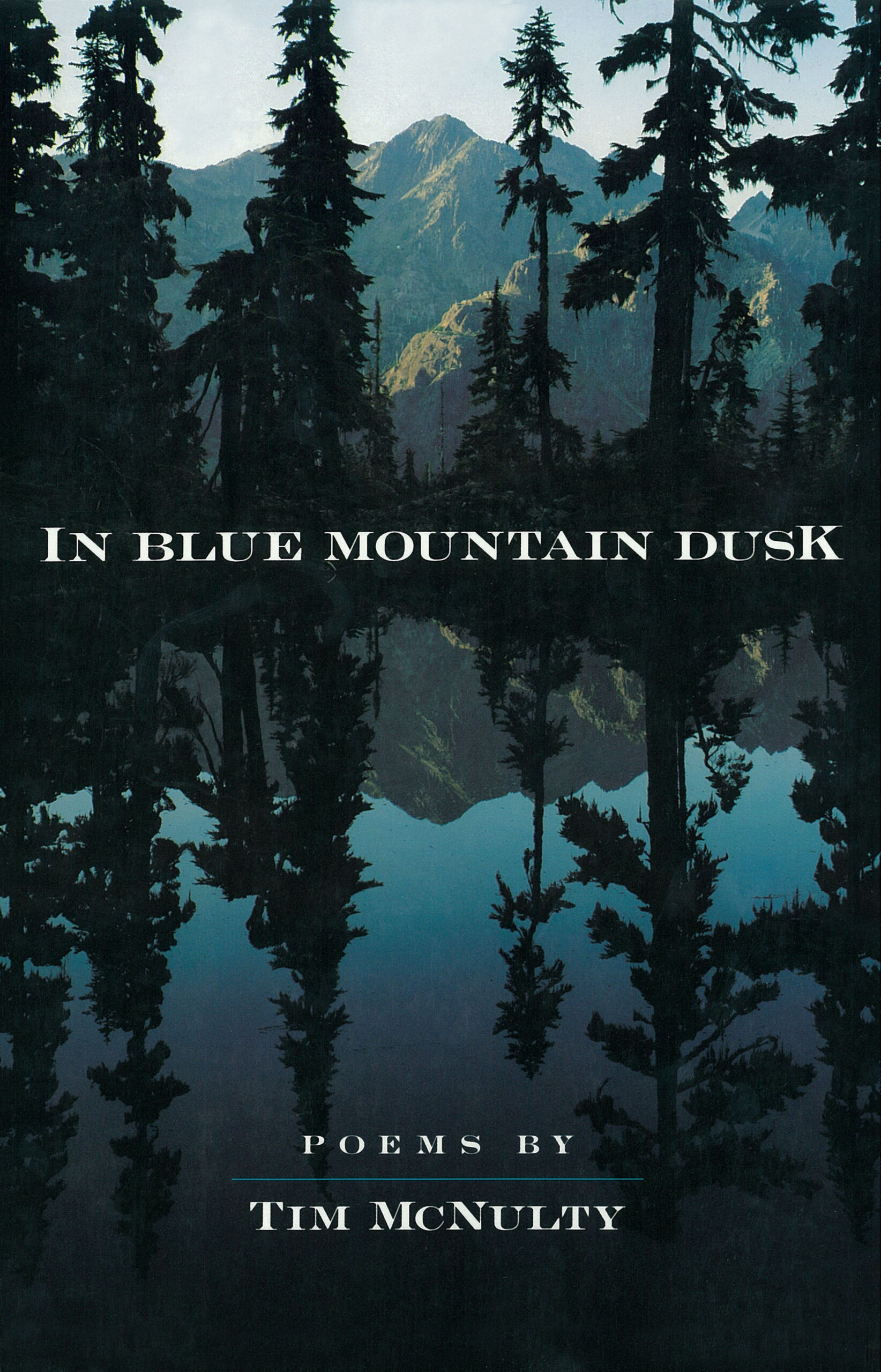
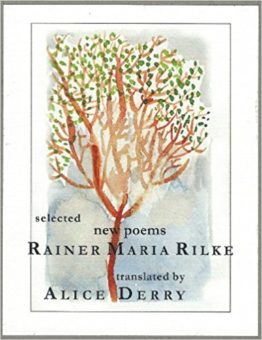
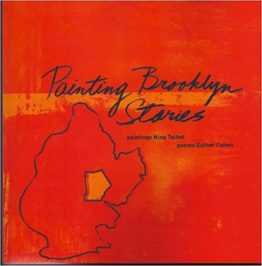
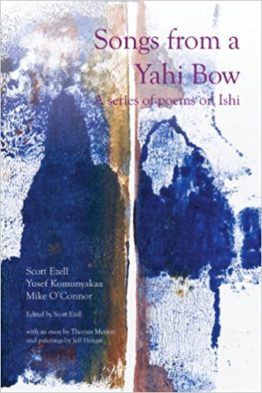
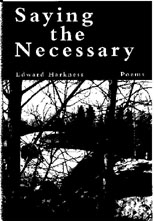
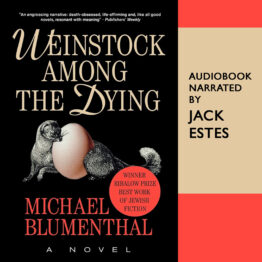
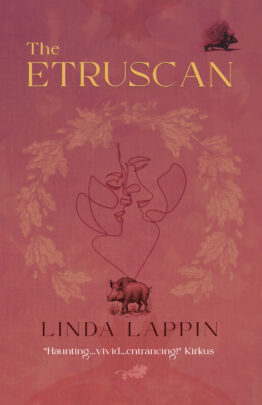
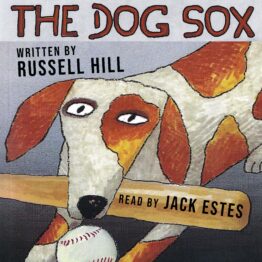
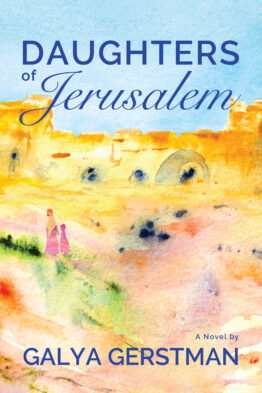
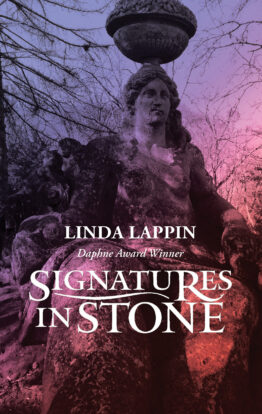
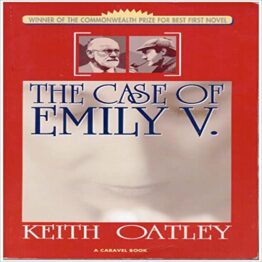
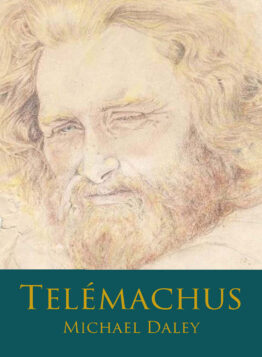
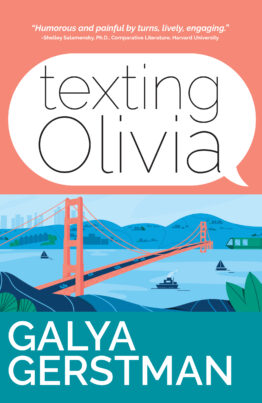

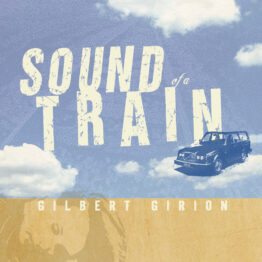
Aw from Amazon comment –
Tim McNulty has truly outdone himself with some of these rare masterpieces. Possibly my favorite poem of all time is, “Coyote at the Movies,” which had me laughing myself to tears. He also has some very inspiring slices of nature that give a reader a fresh appreciation of the poetry all around us. Buy this book, you won’t regret it!
In Blue Mountain Dusk is one of those rarest of books of poetry, containing poems that ought to have been written, rather than poems that merely could have. McNulty is a careful poet, and the pieces in this book are the hard, clean nuggets left in the gold pan after washing and washing over and over. The love poems alone are worth the read, tender, and subtly erotic. As an observer of the natural world, this poet rates right up there with the best of the Chinese poets, or Robinson Jeffers in our own country. This is an honest poet, and these are honest poems.